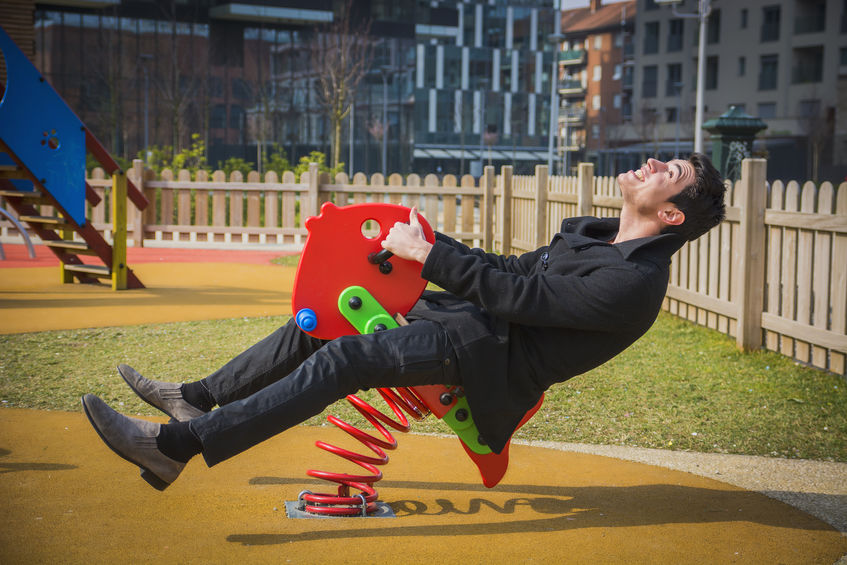Adulting into Adulthood

“Adulting” captures the practice of conducting yourself as a responsible adult when you’re on the verge of actually becoming an adult – typically in the late teen, early twenties’ years.
If you have a regular job, are saving money, paid your taxes yourself, and cook a meal once in a while, you can recognize these individual tasks as adulting. Or, at least, moments of adulting.
Some critics of the word indicate that those who use it are not taking seriously the process of stepping into adulthood. They say “adulting” is used as a method of complaint or seeking attention rather than a description of progressive accomplishment.
While this criticism has merit, there is a way to tell a true adult-in-progress from someone simply adulting once in a while.
Living Like an Adult
Adulting is part of the process of becoming an adult. It signifies crossing the dividing line between childhood and adulthood. As children, we talk about being grown-up someday. We’re looking ahead to when we are and know we’re not yet there. Once we cross over the line, we can’t go back to the other side.
The most popular rite of passage into adulthood is when you move out of your parents’ home. However, with over 50% of young adults 18-24 still living at home, it is important to note other criteria as an advancement into adulthood.
- Opening a bank account.
- Getting and keeping a job – whether working for a company, individual, or yourself.
- Learning to budget your money.
- Owning a car.
- Spending less than you earn.
- Managing your healthcare.
- Maintaining good credit.
- Making personal appointments – haircuts, doctors, dentist, etc.
- Having insurance.
- Voting.
As you engage in adulting, you choose to do responsible things, gaining independence from parents or other supporting adults. It requires commitment to learning and to consistent actions of adult life.
Etiquette-ful Adulting
Another, and all-encompassing, step into adulthood is when you begin taking full responsibility for yourself. You understand that every action (or inaction) you take is a choice you make.
But being responsible to others is tantamount to being an adult. Each interaction you have with another person requires a certain level of responsibility on your part. And this is where etiquette comes in.
Etiquette habits to help you hone your basic responsibility to others:
- Be courteous, kind and polite to everyone, even to people you don’t know.
- Make honesty a highest value and practice it daily.
- Embrace positivity to encourage others.
- Intentionally, purposefully listen during every conversation you have.
- Meet and greet others warmly and make them feel welcome.
- Keep shared space areas cleaned up and show respect for other people’s property.
- Take ownership for your actions and apologize right away when you’ve made a mistake.
- Welcome feedback and work for improvement.
- Dedicate your attitude adjustments as a gift to society.
- Volunteer to do something extra that will directly benefit someone else.
- Show appreciation for gifts and kindnesses. Writing thank-you notes is a big step into adulthood!
Behaving in a responsible manner secures your place in the world as a productive, contributing citizen. When you understand this, and what it requires of you – of each of us – you are well on your way to becoming a mature adult.
Life happens differently than you think even if you’re prepared. But going to sleep each night having counted the number of responsible actions you took for yourself, and on behalf of someone else, will help anyone cross from adulting into adulthood.














